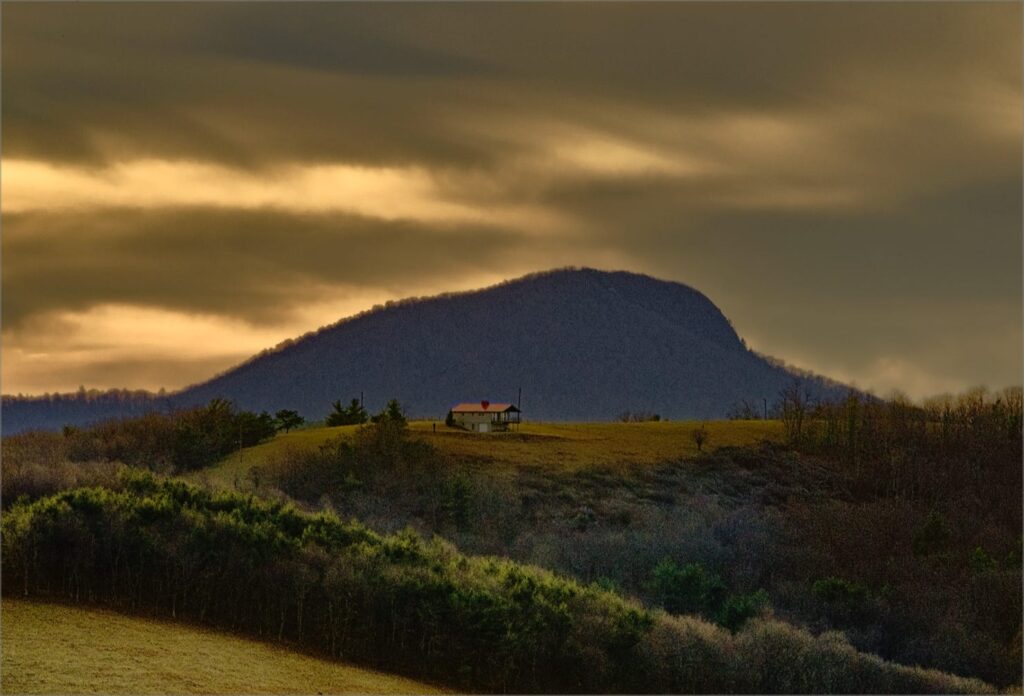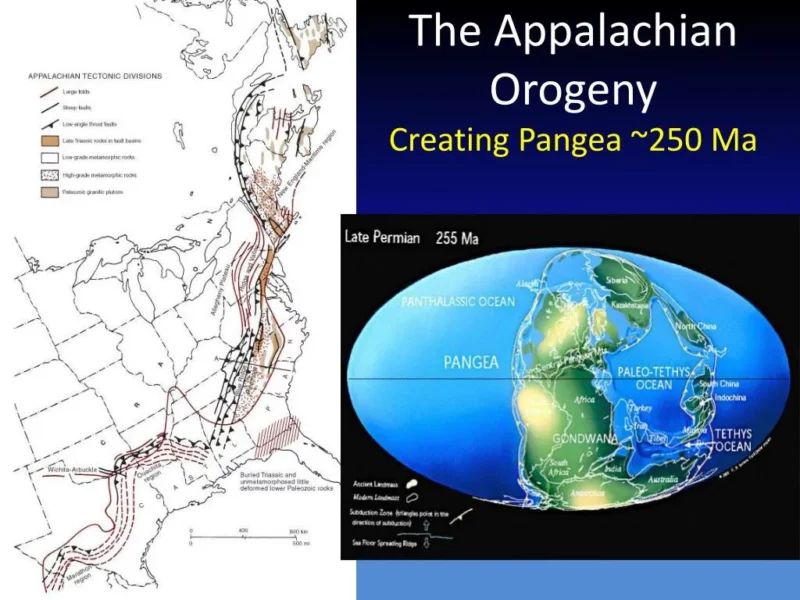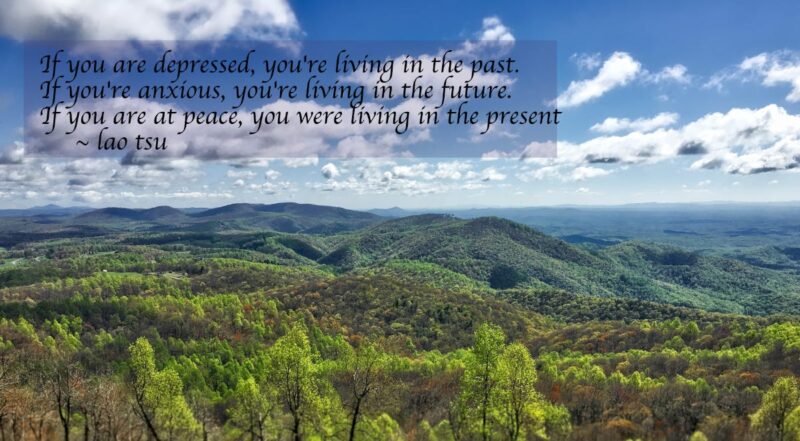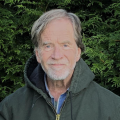“When we are young, we live where we’re born. For some of us, the place of our birth is a perfect fit and we never leave it. For others like me, something is missing there, and we look for home in places we have never been but long to find.” ~ from Slow Road Home 2006

In our twenties, we found the home we longed to find. We have lived in this place where we were not born, and we have belonged here. Now we will belong some place else—not for longing but necessity; because we have thrived so long and aged so well, and grown old. We have managed to reach the other side of the so-called Golden Years of capable aging, and find we must live out our lives elsewhere.
So the story goes on, the stage and the props will change so very much. I anticipate some new place to grow into, with as good a fit as we can manage.
In late 2024 to early 2025, we will be transplanted from the Southern Appalachians to the Central Plains. This could be a more drastic move for me than for a less firmly-placed and deeply-rooted elder.
I have a long history of believing that I am who I am in some part because of where I am. Because of where I’m from. I am a son of the Appalachians since my birth in Birmingham in the post-war years, just miles from the southern terminus of this old mountain chain.
I’ve never lived anywhere after college that wasn’t in or in sight of these hills and hollers. I feel their age under my feet.
This landscape wasn’t always like this. In my dream-time-machine, I’ve imagined the sudden collision of continents that lifted the space above my office chair to bare rocky peaks of thirty thousand feet– higher and more rugged than today’s Rockies.

But gravity and time change things. Rugged young mountains have settled in the low places. The broadleaved contours of home and all its life forms, animal and vegetable, emerged from soil and rock, fire and ice, just as I have. I have known my fellow creatures and called them by name.
I have never known or wanted another home than the southern mountains.
“Something has drawn us here over the years, brought us back. A longing we cannot name has caused these hills to hold a nutrient we cannot live comfortably without. Maybe the force that has pulled us home could be called a persistent, inborn “sense of place”.
Others have used the term, defined it for themselves, found it—in the Far North, the Mid-West, the desert or shore. But what is it? Is it an essence in the air like the salmon sense as they migrate relentlessly back to the creeks where they were born? Is it a magnetic compatibility with geography, an imperceptible, persistent resonance in our bones that tells us that we are home? Or not? (SRH 2006)
Grain by grain, the highest Appalachian places have worn low and green, familiar and serene. Now, we’re leaving this settled place for a space that does not know my stories, and I must learn the stories of that new place.
Grain by grain, the sands of a lifetime drop through an invisible hourglass that is glued to the table.
ON REHOMING A DISPLACED PERSON
This time, we move not to the home we long to find, but the one we need to find. And yet, it is a gift—this alien natural and human environment to come.
It is my new world to explore and come to know and care about as I have these mountains, for a lifetime. We will anticipate having this one more place we will call home, even though we may never reach it. If we do, we can learn to be from a different place than this one. I accept that.
So we will be at peace and thankful in the present while moving forward, to seek out the poetry and the stories we will find and write in the next chapter.

 – Fred First is an author, naturalist, photographer watching Nature under siege since the first Earth Day. Cautiously hopeful. Writing to think it through. Thanks for joining me. Subscribe to My Substack HERE
– Fred First is an author, naturalist, photographer watching Nature under siege since the first Earth Day. Cautiously hopeful. Writing to think it through. Thanks for joining me. Subscribe to My Substack HERE
